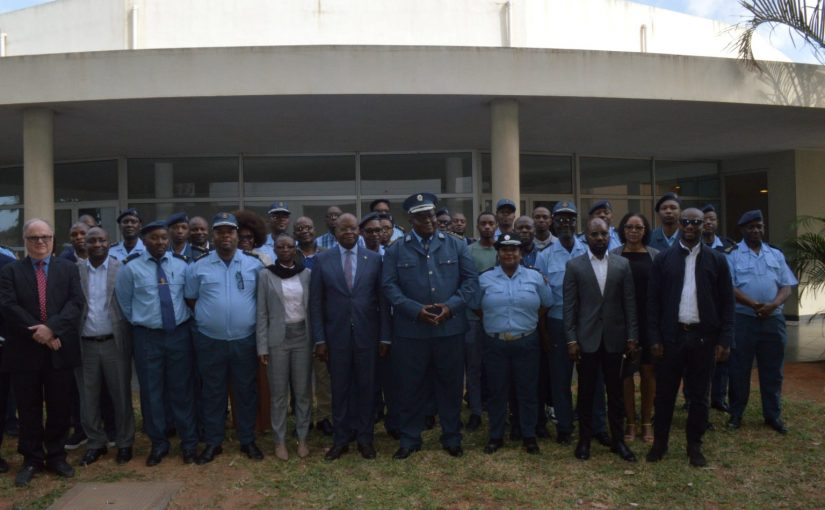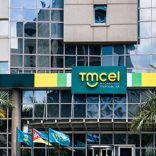Mozambique: New INAE general inspector challenged to strengthen measures against illegal trade
Mozambique: Customs agents, foreign trade operators trained on Advanced Rulings for Origin

Photo: AIM
Mozambique’s Customs Authority, in partnership with the European Union (EU), is training customs agents and foreign trade operators regarding rules of origin in order to equip professionals with tools to verify the authenticity of exported products and help collect taxes on commercial transactions.
Virtual training sessions began on Monday (29-07) in the cities of Maputo, Beira and Nacala, in the southern, central and northern regions of the country respectively.
Speaking in Maputo on Monday, Deputy Director General of Customs Fernando Alage explained that rules of origin regimes are fundamental because they allow all parties to identify precisely where a given product is produced.
“We have signed several agreements, both at the level of the Southern African Development Community (SADC) and the European Union (EU), which aim to create a scenario for legal trade with people bringing goods that benefit from a reduction or exemption from the payment of duties and other taxes. For them to enjoy these tax benefits it is important that there are instruments that determine and indicate to us the actual origin of these goods,” he explained.
Alage said that if a given product is acquired in a country with which Mozambique has signed agreements, and if customs and operators are aware of this, people will be able to benefit from the exemption from duties by presenting proof-of-origin documentation.
“It is one of those ‘Achilles heels’ that we have always had, where, for example, goods from other parts of the world are sometimes passed off as goods originating from SADC in order to benefit from the reduction in duties, but with this training, we believe that everyone will leave equipped and strengthened to engage in legal trade,” Alage stressed.
He said that some importers smuggle goods across borders, costing the state millions of dollars, which is why the introduction of electronic certification was being discussed.
“There are importers and exporters who, from time to time, present us with illegal documents, and this contributes to the state losing revenue. Benefiting from a rule that one is not eligible for is a crime, and we call on everyone to voluntarily adhere to it. That is why we are now moving towards electronic certification of origin,” Alage explained.
In the southern region of Africa, Eswatini, Namibia and Malawi have already signed up to the electronic certificate of origin, which aims to facilitate international trade through the electronic interconnectivity of member countries.
“We believe that if we all, especially in Southern Africa, sign up, we will gradually eliminate those grey areas that benefit people who are not entitled. It is important to keep the rules of origin in mind and for everyone to understand them, because many people are harmed by this lack of training and information,” he said.
Alage announced that Mozambican technical teams are already working on exchanging experiences with other countries towards the implementation of electronic certification.
“We prefer to move slowly, but with firm steps, towards what is desired,” he concluded.












Leave a Reply
Be the First to Comment!
You must be logged in to post a comment.
You must be logged in to post a comment.